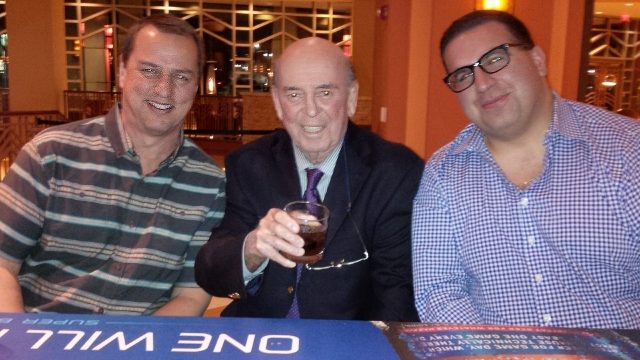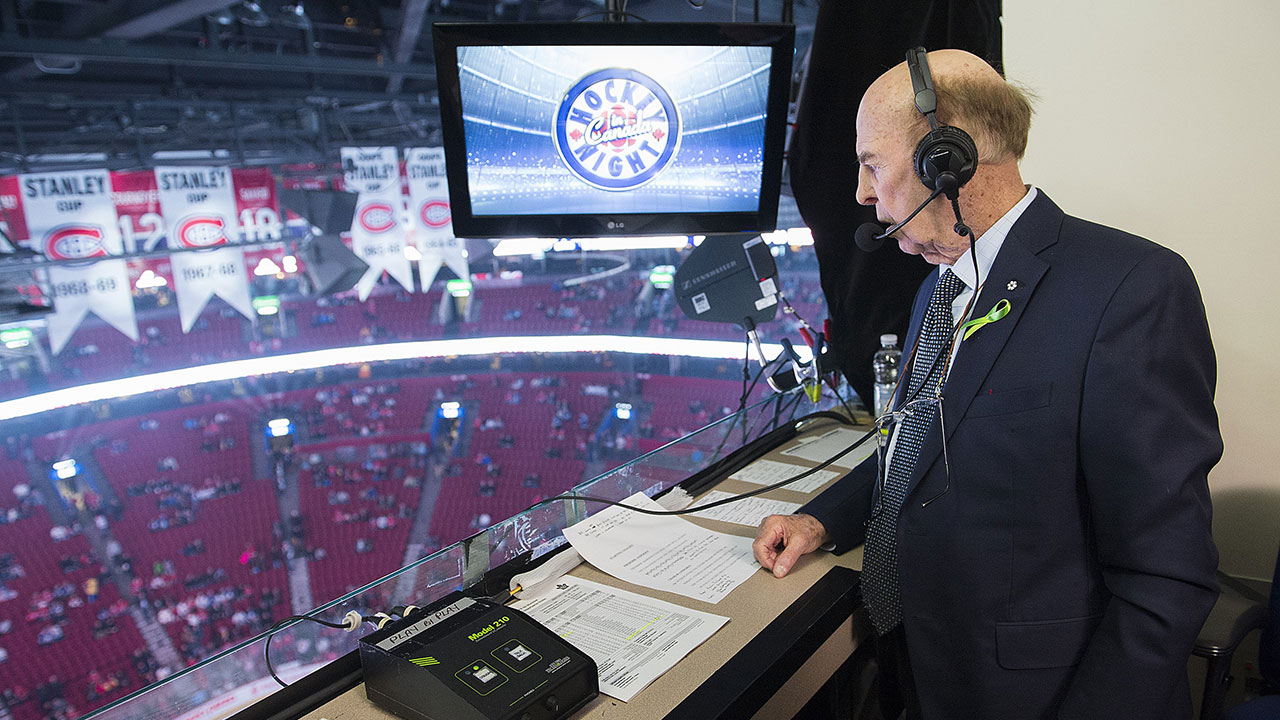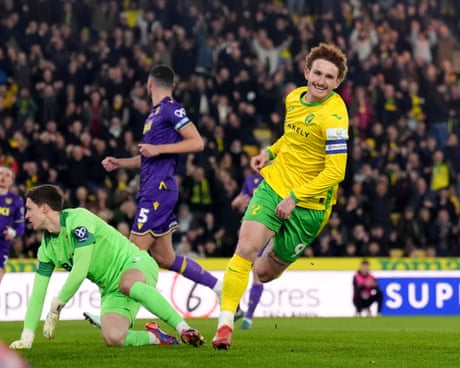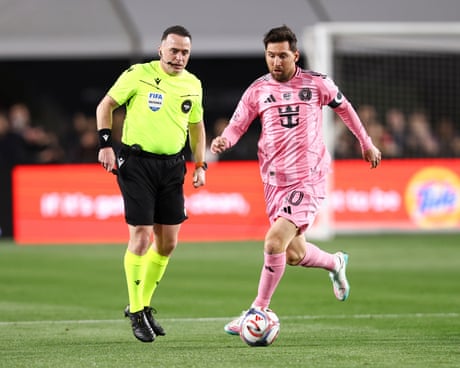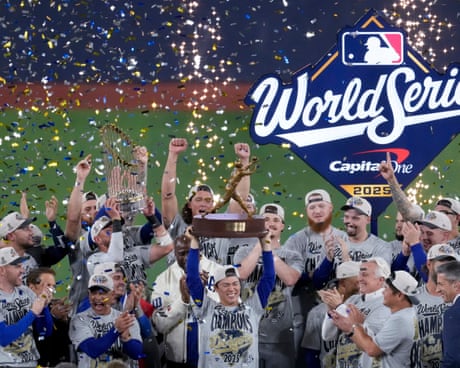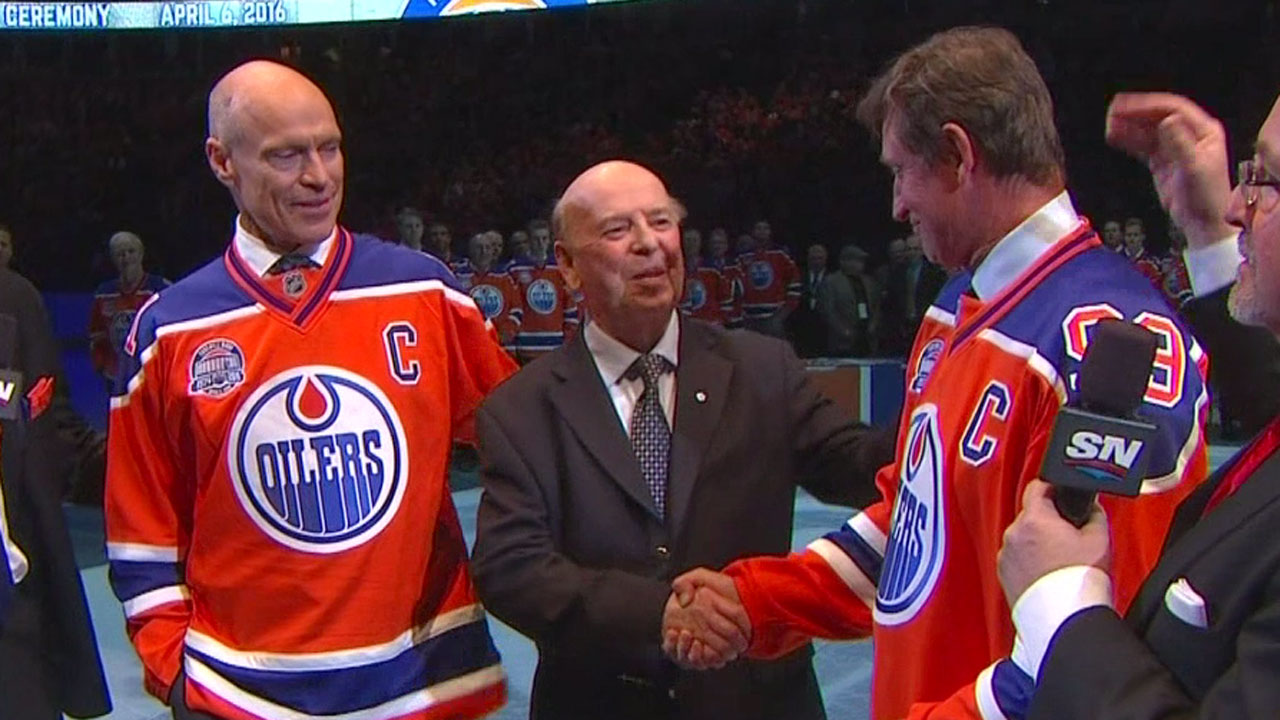
My first game at Hockey Night in Canada was Thursday, Oct. 9, 2003 — Montreal at Ottawa. The hotel set up a shuttle to take us to morning skate. When I walked outside, Harry Neale was in the back seat. I opened the door to sit next to him.
He told me to sit in the front. “Bob (Cole) and I like to sit in the back,” he said. “We like to discuss the game. You sit up there.”
So I did.
Minutes later, Bob walked towards the SUV. He saw me. He frowned and paused. Then, he opened the door. I could hear Harry laughing.
“Young man,” he said, sternly, “I sit in the front seat.”
A few years later, we were doing a Montreal/Boston playoff series. After landing at Logan Airport, we grabbed our luggage and went to get a taxi. After loading our bags, I took a half-step towards the front and remembered the rules, immediately going to the back. The adjustment was barely noticeable.
Bob got in the front, and we started driving. Two minutes later, he turned to look at me.
“Do you think I didn’t notice that you stepped towards the front? I figured by now, you wouldn’t forget.”
The rest of us started laughing. I thought I’d gotten away with it.
As the tributes flow in, many remember — with good reason — his awesome ability to manoeuvre with the crowd. He is the best ever at riding the waves of a crowd’s emotion, flowing with it, rising with it, allowing it to be heard. Bob only cared about whistle-to-whistle. That was his time.
He was such a great teammate, always encouraging, and everyone who worked with him understood not to interfere during play. If I had a report out of a commercial, there was a good chance that, 15 seconds before we returned, he was going say, “This is a big faceoff. Don’t talk through it.”
There were so many great moments. The 1972 Summit Series, on radio. “They’re going home!” during the wild January 1976 exhibition between the Philadelphia Flyers and Soviet Red Army. Joe Sakic’s Olympic clincher in 2002. To Bob, those were magnificent calls at major times, but he prepared for Game 29 of the season as if it was just as important.
Bob loved being the conduit to the fans. He loved seeing the players, being in the building for a big game. He never, ever lost that passion. We loved his stories. And his opinions. When he was on a roll, there was nothing better.
There was Hall-of-Famer Terry Sawchuk borrowing Bob’s car when the Boston Bruins played a game in Newfoundland. There was bowling with the legendary Gordie Howe when Mr. Hockey visited Red Wings teammate Alex Faulkner, another Newfoundlander.
Who won?
“Gordie wins everything,” Bob answered.
If he had one regret, it was not shaking Frank Sinatra’s hand. Bob loved Sinatra; travelled with CDs of his music to relax with. The Chairman of the Board (as he was known) once walked through the crowd during a concert Bob attended and shook the hand of the person next to him. Bob always thought he should have either a) grabbed it instead or b) reached out the moment that first handshake was done.
Once, he was sitting next to eight-time Stanley Cup champion coach Toe Blake, who pointed at an out-of-town score. “Is that game over?” he asked.
“I think so,” Bob replied.
Blake slammed his hand on the table.
“Don’t tell me what you think,” he declared. “Tell me what you know.” Bob loved that line; used it all the time.
He was extremely particular about proper pronunciation. If the player didn’t care, he’d ask, “How do your parents say it?” At the 2002 Olympics, he asked producer Jeff Girodat to drive him to a distant practice rink to learn the proper pronunciations of the Swiss players. By the time they got there, the team already was finished. Bob got out of the car, stood in front of their bus and asked head coach Ralph Krueger to come out. Krueger did, helping Bob get what he needed.
God help you if you gave him wrong info about a name. During one of those Boston series, I referred to Vladimir Sobotka as Soh-boat-ka. Bob heard this and confronted me. He said it was Soh-bot-ka and didn’t like that we had two different versions on-air (he was right about that). I told him one of the other Bruins said that was the right way to say it. He went to coach Claude Julien, and Claude thought I was wrong. Bob then asked if we could talk to Sobotka himself.
So before the next game, Bob, Claude, Bruins media-relations whiz Matthew Chmura and I waited for Sobotka’s arrival. I was sweating. When he arrived, Claude asked him to come into the room. Bob told me I was not allowed to speak, so as not to prejudice the witness. Claude explained the situation and asked him to pronounce his name.
Thankfully, Sobotka exonerated me. I am convinced, however, he thought the whole situation insane.
But, as much as Bob loved calling games, there were two things he loved more: Newfoundland and his family. He was hugely proud of his home province, overjoyed when Hockey Night in Canada headed to Bonavista to do a feature when Michael Ryder burst on the NHL scene as a rookie in 2003-04.
When Bob was working the Olympics, everyone knew to let him relax when not calling a game. That’s a gruelling schedule. But when Brad Gushue went for gold against Finland in the 2006 men’s curling event, he was asked if he wanted to discuss how big this was for Newfoundland. (An excellent curler, Bob competed twice in the Brier.) He was honoured, and it might have been the only time he cared about another sporting event more than the one he was working.
We had some long drives together — Toronto to Buffalo, Philadelphia to Pittsburgh. On those drives, we would discuss family. There was nothing that made Bob more proud than his children: Christian, Hilary, Megan and Robbie. He could talk about each of them for hours, and there was at least one trip where the entire drive consisted of him happily waxing poetic about their lives. Not only was he their father, he was their biggest fan.
A lot of Canadians — a lot of hockey fans — are feeling sadness. But we should also remember the great times, and there were so many. It doesn’t matter if you knew him in-person or you knew him as a great broadcaster. He enriched all of our lives, together.


